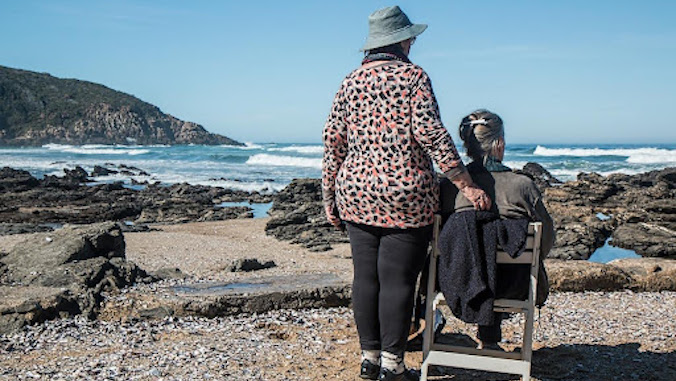
Hawaiʻi is facing a severe shortage of direct care workers, such as nursing assistants and home care aides, who are essential for assisting older adults and individuals with disabilities. These vital workers play a crucial role in providing care both at home and in long-term supportive living environments. Without strategic efforts to recruit, train and retain these workers, the shortage is expected to worsen, threatening the quality of care available to the state’s vulnerable populations.
The University of Hawaiʻi at Mānoa’s Center on Aging is helping address this issue by collaborating with the state’s Executive Office on Aging (EOA) to develop a comprehensive statewide strategic plan. The initiative involves extensive research, including key informant interviews, a thorough review of relevant literature and other consultative methods. The goal is to develop a set of actionable recommendations and strategies aimed at increasing both the quality and quantity of Hawaiʻi’s direct care workforce.
The Center on Aging is playing a crucial role in raising public awareness about this crisis in long-term care…
—Christy Nishita
“Direct care workers are not only invaluable members of both the acute and long-term care systems in Hawaiʻi,” said Christy Nishita, director of the Center on Aging. “They are also indispensable if the state is to provide the kind of services and support that enable residents to age while enjoying the best possible quality of life.”
The plan is expected to be completed in fall 2024, and will be submitted to EOA for further consideration and implementation, which could pave the way for significant public policy planning and development to address the workforce shortage. Building capacity in the direct care workforce requires collaboration across various sectors to enhance recruitment, training and retention strategies.
“The Center on Aging is playing a crucial role in raising public awareness about this crisis in long-term care, and is working in partnership with other stakeholders to find sustainable solutions,” Nishita added.
This initiative is a crucial step toward meeting the increasing demand for direct care services in Hawaiʻi, ensuring the well-being and quality of life for its aging population and individuals with disabilities.
The Center on Aging is housed in the Thompson School of Social Work & Public Health.

